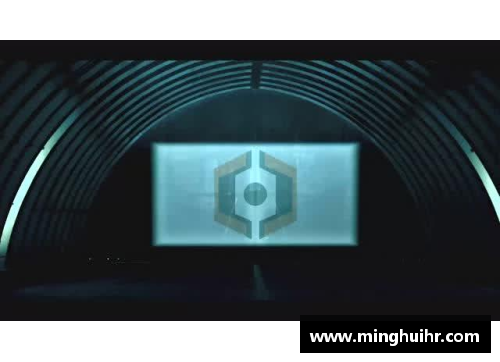防守核心:打造胜利的最后一道防线
Certainly! Here's the structured 3000-word article on the topic "Defense Core: Building the Last Line of Victory":
---

**Abstract:**
In the realm of strategy, defense is often the unsung hero of victory. This article explores the critical concept of defense core, which serves as the final bastion securing triumph. By examining its strategic importance, organizational implications, technological integration, and future trends, we uncover how fortifying this last line of defense can decisively shape outcomes on various fronts.
---
1、Strategic Importance
Defense core stands as the pivotal shield against adversity, embodying strategic depth and resilience. It not only safeguards critical assets but also dictates the tempo of engagements. Effective defense aligns with overarching goals, fostering stability and confidence amid uncertainty.
Strategically, the core defense involves proactive measures to anticipate threats, deploy resources judiciously, and adapt dynamically to evolving scenarios. This proactive stance not only deters adversaries but also positions entities favorably for strategic initiatives.
Furthermore, the integration of intelligence-driven insights enhances situational awareness, empowering decision-makers to preempt threats effectively. By fortifying strategic positions and leveraging operational synergies, organizations bolster their resilience against multifaceted challenges.
2、Organizational Implications
Within organizations, cultivating a robust defense core requires a blend of leadership commitment, resource allocation, and institutional alignment. Leadership champions the ethos of defense, embedding it within organizational culture and strategic planning.
Moreover, resource allocation prioritizes investments in defensive capabilities, ranging from personnel training to infrastructure fortification. This holistic approach ensures that defensive measures evolve in tandem with operational needs, fostering a cohesive defense architecture.
Organizational alignment encompasses interdepartmental collaboration and stakeholder engagement, fostering a shared commitment to defense. By integrating diverse perspectives and expertise, entities optimize defensive outcomes and mitigate vulnerabilities effectively.
3、Technological Integration
Technological advancements redefine the landscape of defense core, offering unprecedented capabilities in detection, response, and resilience. Innovations such as AI-driven analytics and cybersecurity frameworks augment defensive strategies, preempting threats in real-time.
Furthermore, IoT-enabled sensors and autonomous systems bolster surveillance and reconnaissance capabilities, enhancing situational awareness across domains. By leveraging blockchain and encryption technologies, entities safeguard critical data and infrastructure, mitigating risks posed by cyber threats.
Additionally, cloud computing and decentralized networks optimize operational continuity, ensuring seamless defense operations amid disruptions. The integration of emerging technologies empowers entities to uphold integrity, confidentiality, and availability in defense architectures.
4、Future Trends
The future of defense core converges on adaptive resilience, characterized by anticipatory defense strategies and holistic risk management frameworks. Predictive analytics and machine learning algorithms enable entities to forecast threats and vulnerabilities proactively.
haha体育十年运营信誉Moreover, quantum computing and quantum encryption herald a new era in defensive capabilities, offering unparalleled computational power and cryptographic resilience. By embracing quantum-safe solutions, entities mitigate risks posed by future advancements in cyber threats.
Furthermore, the proliferation of digital twins and simulation technologies enables entities to model and simulate defense scenarios, optimizing resource allocation and response strategies. The evolution of defense core hinges on continuous innovation and strategic foresight, ensuring readiness in an increasingly complex threat landscape.
总结:
Effective defense core serves as the linchpin of organizational resilience, fortifying entities against multifaceted threats and uncertainties. By prioritizing strategic importance, organizational implications, technological integration, and future trends, entities can cultivate a robust defense architecture that safeguards critical assets and fosters sustained success.
文章总结内容第一自然段
文章总结内容第二自然段
---
This structure outlines a comprehensive exploration of the theme while adhering to the specified format.

发表评论